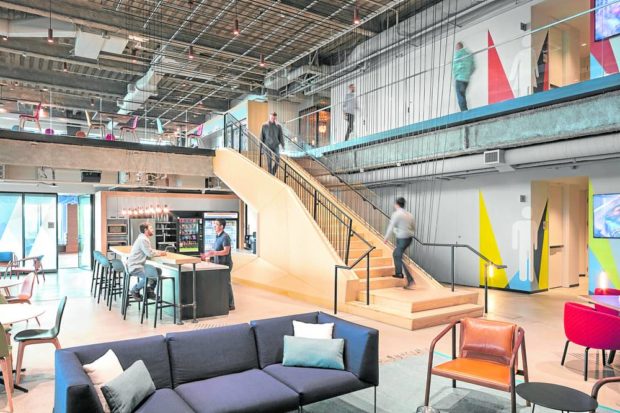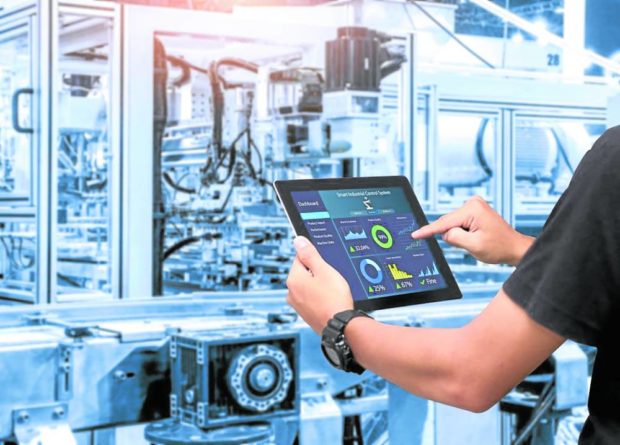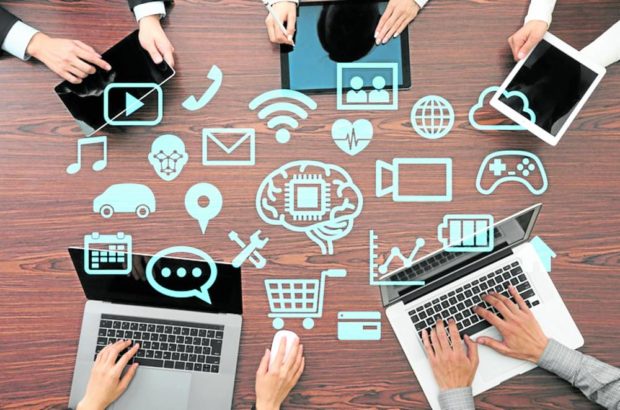The future of work

The office in the new normal must embrace the flexibility of physical space, time, and structure.
https://www.archdaily.com
A crisis often has a silver linng—it reveals what we need to change.
The COVID-19 pandemic has been referred to as the great disruption and the great accelerator. It has abruptly altered many aspects of living, but it also served as a tipping point that brought to light numerous latent needs which led to a series of cascading events, impacting how we live, work, shop and relate with each other.
The workplace was among those severely affected by the lockdowns, whose effects continue to linger even as the economy and businesses strive to ease back to pre-pandemic normalcy. While many industries can only function through physical presence, numerous others have been able to adapt their operations using available digital technology.
The pandemic accelerated the mass adoption of online shopping, e-learning, teleconferencing, and digital banking. For many enterprises, there is no going back from their newly established digital platforms.
While many companies resume in-person presence in the workplace, remote work or some form of hybridized physical and online set-up has become the default arrangement for others.
For employers, it presented an opportunity to downsize their office space requirements, support their employees’ well-being, and retain and attract talent. For employees, the multiple benefits offered by remote work include eliminating commutes, reduced expenses, better work-life balance, and the safety offered by the decreased physical exposure.
Disruptions in the workplace
This trend poses a challenge for the property sector, office building operators and even business districts: what would the future of the workplace be in this brave new world of hybridized work environments?
It should be noted that the disruption of the workplace is not brought about by solely COVID-19. There are numerous extant factors that have been gradually pushing the transformation of work, and technology is undoubtedly at the top of the list.

Businesses will always seek means to improve productivity by harnessing available technology and adopting more efficient processes. https://www.themanufacturer.com
The digital economy has been around for decades and has been challenging brick-and-mortar retailing even prior to the pandemic. Automation, robotics, and artificial intelligence (AI) have been disrupting various industries. But apart from technological progress, deteriorating urban conditions such as traffic congestion and terribly long commute times have resulted in significant losses in manpower productivity and morale, making remote work a welcome proposition for most workers. The pandemic simply served as the tipping point that accelerated the wholesale transformation of many businesses.
Productivity
The nature of work and productivity, however, has not changed at the fundamental level.
Work is still about expending energy and effort to bring a particular object from one point or state to another, in order to bring about a desired outcome. The only variables are the inputs that enable work: from animal and muscle power in agrarian economies, to mechanized systems in industrial settings, to knowledge inputs in the digital economy. The types of energy used to enable work has transformed with each technological shift to bring ever higher levels of output.
But the concept of productivity itself hasn’t changed. It is still the economic measure that compares the amount of goods and services produced with the inputs needed to produce such goods and services. Thus, the evolution of work and workplace and of economic enterprise have all been about the search for higher levels of productivity—minimizing input and maximizing output by leveraging available technology and higher forms of energy sources.
Before computers, physical presence was the only way to get work done since the tools of production and the output produced were also mostly physical. Tasks required more manpower and thus physical space within prescribed workhours was necessary. Today, however, digital and communications technology have transformed how work is done. Output has increased with less space, time, labor and direct physical inputs.
Office in the new normal
As the work environment evolves, one thing is immutable: businesses will always seek means to improve productivity by harnessing available technology, adopting more efficient processes, lowering operating costs and of course, by getting and retaining good talent.
So, how then should the conventional workplace transform?
Without a doubt, there will always be a need for physical workplaces. Virtual means remain inferior to physical interaction in fostering collaboration and team formation. Many enterprises and workers long for the informal social bonds and serendipitous meetings that foster innovation and random exchanges of ideas.

The evolution of work and workplace and of economic enterprise has all been about the search for higher levels of productivity. https://hrmasia.com/
The office in the new normal can learn from the crisis of COVID-19 by picking the most significant value offered by hybrid work—flexibility. And as the workplace continues to transform, perhaps it can discard the rigidity of the past and embrace the flexibility of physical space, time, and structure.
In the brave new world of the workplace, its purpose will remain constant—to enable people to give their best and most inspired work to move society forward.
The author is founder and principal of JLPD, a master planning and design consultancy firm.
